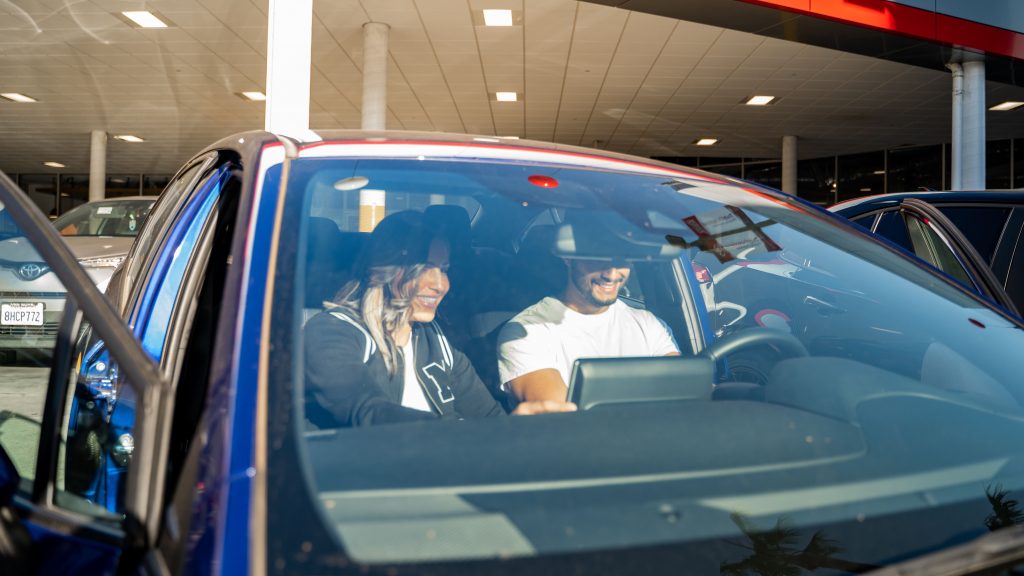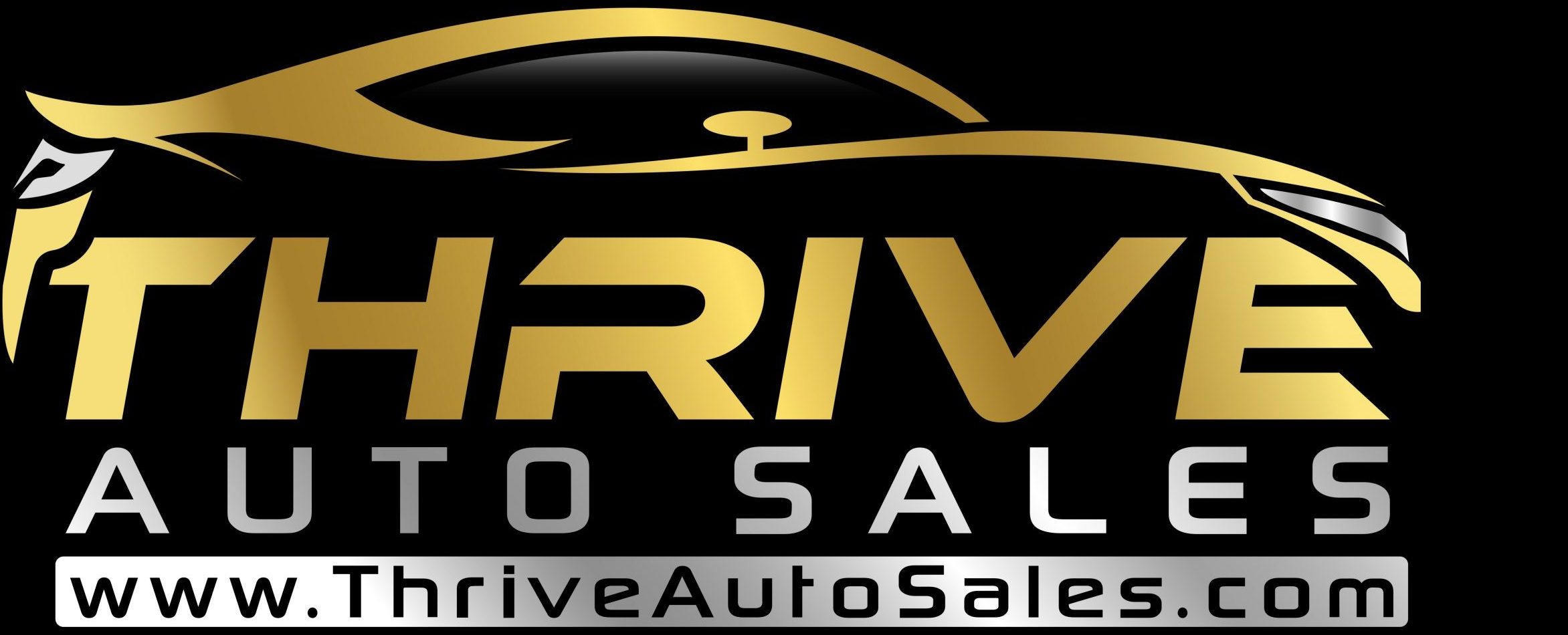The Cost Analysis of New Cars vs. Used Cars
Posted Friday, Oct 20, 2023

The lure of buying a new car is a siren song that has enticed many people. There’s no shame in admitting that despite having a car in good working condition, your eyes have darted around, looking for any shiny, sleek possibilities. Whether you are a first-time car buyer or a seasoned driver, the idea of stepping into a brand-new vehicle can be incredibly tempting.
In today’s age of constant technological innovations and advancements in the automotive industry, the appeal of buying a new car is stronger than a used one. But is it worth it?
According to a report by the National Automobile Dealers Association, the average person goes through 13 cars in a lifetime. The average cost of each car is $30,000. If these cars were used and three years old, you could save around $130,000 in your lifetime.
So, what’s the secret?
A sinister-sounding word: Depreciation.
This financial term will make you forget the intoxicating blend of new car smell, flawless paint, and pristine interior. Though fuel efficiency and the latest technology attract most buyers to a new car, budget constraints turn their gaze to used cars.
Let's make a cost comparison to help you understand why buying a used car is a better option:
New Car Vs. Used Car – Factors Comparing Costs
Initial Purchase Price
The initial purchase price is the most apparent difference between used and new cars. New cars come with a premium cost because they haven't been previously owned and typically include the latest features and technology. On the other hand, used cars are generally more affordable upfront since they have already experienced some depreciation.
As of March 2023, the average cost of a new car is $48,008, and $33,341 for a used car. The figures vary from one state to another.
Depreciation
Depreciation is a critical factor that affects a car's price, new or used, minute by minute. New cars experience rapid depreciation during the first few years of ownership, while used cars don't because they have already undergone the steepest part of their depreciation curve.
Car depreciation can be good and bad. It all depends on the type of car you are buying. Did you know that a car loses from 9% to 11% of its value as soon as you drive it out of the lot? True story! So, before you sign on that dotted line, know that if you decide to sell your new car in the next minute, you won’t get the same amount you bought it in.
Based on the numbers mentioned above, a new car will depreciate by $5,280.88 as you drive it gleefully on the interstate. Most of us don’t realize this hit our wallet until much later.
Five factors cause car depreciation:
- Mileage: The more you drive your car, the less it will be worth.
- Reputation: A brand popular for offering reliable cars vs. a brand selling cars that break down often… you decide.
- Fuel Economy: A car that gives more miles per gallon is always a better option. This is why you don’t see any Hummers on the road nowadays.
- Condition: Any wear and tear on the exterior and interior will lower your car’s value.
- Consumer Preference: One year, people might be into SUVs and the next into Sedans.
Keep in mind that there’s no pre-determined rate of car depreciation. Depreciation in the first year will be 20%. For the following five years, the car's value will decrease by 15% per year. By the time the car enters its sixth year, the depreciation will be 60%.
So, if you are buying a new car for $30,000, here’s how its value will fall early:
- 1 Year: $24,000
- 2 Years: $20,400
- 3 Years: $17,340
- 4 Years: $14,740
- 5 Years: $12,539
Insurance Costs
Insurance premiums are lower for used cars than for new cars. However, several other factors affect the cost, including the car’s make and model, fuel efficiency, driver’s age, etc. For example, a new 2022 car will have yearly insurance of $2,018, and a used 2018 car will have $1,797 for a 35-year-old driver.
The rates go higher for a new car if it costs more than the average, as the lender might require you to carry comprehensive and collision coverage.
Financing
When you finance a new car, you may have access to lower interest rates than those available for used car loans. Lenders often offer more favorable terms for new cars because they are seen as less risky investments. New cars are typically under warranty, which reduces the risk of unexpected repair expenses. This is why lenders offer lower monthly payments, which result in less interest paid overall.
According to a report by Experian, the average auto loan interest rate for a new car is 6.63% and 11.38% for a used car. The following FICO® model lists interest rates of new and used cars based on different credit score ranges:
| Credit Score Range | Used Car Loan Rates | New Car Loan Rates |
| 781 to 850 | 7.09% | 5.07% |
| 661 to 780 | 9.06% | 6.44% |
| 601 to 660 | 13.49% | 8.99% |
| 501 to 600 | 18.49% | 11.72% |
| 300 to 500 | 21.38% | 14.18% |
Fuel Efficiency
Newer cars tend to be more fuel-efficient as they are equipped with the latest technology. As a result, their fuel cost is low. The reason used cars consume more fuel is because of their less efficient engines.
According to a report by the Environmental Protection Agency (EPA), a new 2021 model car offers a fuel efficiency of 25.4 miles/gallon, whereas a used car offers almost half of this.
Comparing costs by fuel efficiency is a little difficult because every car offers different mileage. A new model might consume more fuel due to its heavy engine than an old model and vice versa. However, a used car will always be less fuel efficient if it has been driven around significantly and wasn’t maintained.
Fuel efficiency often includes operating costs. Together, they increase the cost of a used car. For example, a used car already has slightly rusted parts, which might need changing at any time.
Taxes
Taxes are often calculated based on a car’s purchase price. This means you will pay higher taxes for a new car than a used one. Taxes also differ from state to state. The national average rate in the US is 4.99% for a new car and 3% for a used car. So, if you're buying a used car for $15,000, you will pay around $450 as sales tax.
Final Word
In conclusion, if you value the latest technology and have the financial means to buy a new car and keep up with its expenses, go ahead and visit that car showroom. However, we suggest exploring options online if you are on a limited budget. The latter option will save you from depreciation, but the former will come with the assurance that the car won't break down in the middle of the road anytime soon.
Carefully consider the long-term financial implications and whether they align with your overall goals before making a decision.
Get a used car within your budget from Thrive Auto Sales. The online car finder allows you to browse vehicles by body type and make, starting from $5,000. If you are looking for something specific, fill out the online form, and they will direct you to the right dealer. For more information, call (845) 549-3042.
